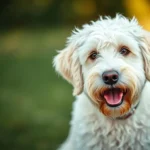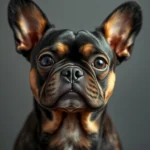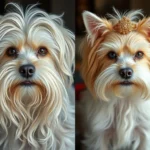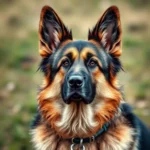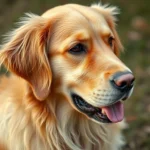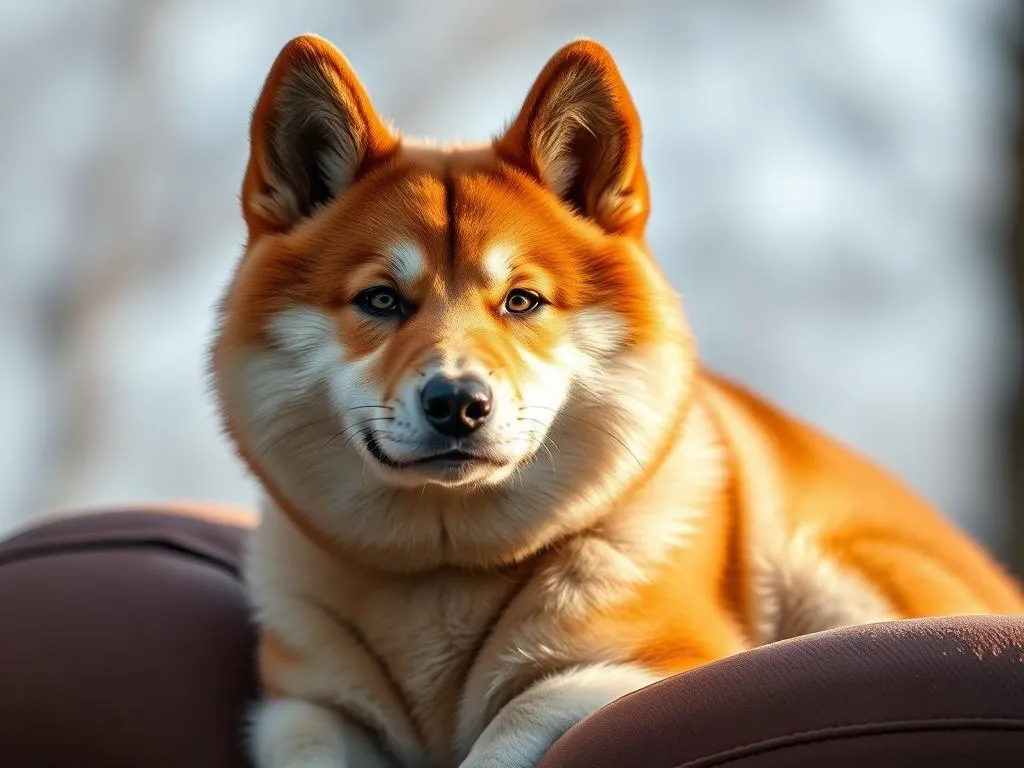
Introduction
When considering adding a furry member to your family, one of the most pressing questions is often about compatibility—especially when children are involved. In this article, we aim to answer the question: Are Shiba Inu good with kids? Understanding the nuances of dog breeds is crucial for families with children, as it can significantly impact the happiness and safety of both pets and kids alike.
Shiba Inu, a breed native to Japan, is known for its spirited personality and fox-like appearance. But how do these characteristics translate when it comes to interacting with children? Let’s delve into the Shiba Inu’s breed history, personality traits, and more to determine their suitability for family life.
Understanding the Shiba Inu Breed
Breed History
The Shiba Inu is one of Japan’s oldest and smallest native dog breeds. Originally bred for hunting small game, their history dates back to at least 300 B.C. They were valued for their agility and keen senses, making them excellent companions for hunters. In Japanese culture, Shiba Inus hold a special place, often symbolizing loyalty and bravery.
Physical Characteristics
Shiba Inus are compact dogs, typically weighing between 17 to 23 pounds and standing about 13.5 to 16.5 inches tall at the shoulder. Their distinct fox-like face, erect ears, and curled tail make them easily recognizable. The breed comes in various coat colors, including red, sesame (red with black-tipped hairs), black and tan, and cream. Their double coats are thick and plush, requiring regular grooming but generally not as demanding as some other breeds.
Personality Traits
Shiba Inus are known for their spirited, confident, and independent nature. They are intelligent dogs that can be quite trainable, although their stubborn streak may pose challenges for novice dog owners. Unlike some breeds known for their gentleness, Shiba Inus may exhibit a more reserved demeanor, especially with unfamiliar people and situations. This independence often leads to a comparison with other popular family dog breeds, such as Golden Retrievers, which tend to be more eager to please and sociable.
Assessing Compatibility with Children
General Behavioral Traits
To answer the question of whether Shiba Inu are good with kids, we must first understand their general behavioral traits. Shiba Inus are typically alert and observant, making them excellent watchdogs. However, their socialization tendencies can vary widely. While some Shiba Inus are friendly and warm, others may be more aloof, particularly if they have not been adequately socialized from a young age.
Interaction with Kids
Shiba Inus can react differently to children based on their individual personalities and experiences. Generally, they may enjoy playful interactions, but their independent nature means they might not always seek out the company of children. Signs that a Shiba Inu is comfortable include playful bounces, tail wagging, and relaxed body language. Conversely, signs of discomfort may include growling, snapping, or attempting to retreat.
Age Appropriateness
When introducing a Shiba Inu to a family with children, the age of the children plays a crucial role. Older children who understand how to interact gently and respectfully with dogs tend to have more successful relationships with Shiba Inus. Younger children, particularly toddlers, may inadvertently provoke a Shiba Inu’s independent nature, leading to misunderstandings or stress for both the dog and the child.
Training and Socialization
Importance of Early Training
Early training is vital for Shiba Inu, especially if you plan to integrate them into a household with children. Starting training at a young age helps establish a bond and sets clear expectations for behavior. Basic commands such as “sit,” “stay,” and “leave it” are important for fostering good manners and safety.
Socialization Techniques
Proper socialization is crucial for a Shiba Inu’s development. Introducing them to a variety of environments, people, and experiences can help them become more adaptable and less fearful of new situations. When introducing a Shiba Inu to children, supervised interactions are essential. Allow the dog to approach the child at their own pace and use positive reinforcement to encourage calm behavior during these introductions.
Addressing Behavioral Issues
While Shiba Inus are generally well-behaved, they may exhibit common behavioral challenges, such as stubbornness or territoriality. If a Shiba Inu shows aggressive tendencies towards children, it’s essential to address these issues promptly through consistent training and, if necessary, the guidance of a professional trainer.
Safety Considerations
Supervision Guidelines
When determining if Shiba Inu are good with kids, one must consider the importance of supervision. Adult supervision is crucial during playtime, especially in the early stages of their relationship. Shiba Inus can be energetic and may unintentionally knock over small children during play. Keeping an eye on interactions can help prevent accidents and ensure that both the dog and the children are safe.
Teaching Kids About Dogs
Educating children on how to interact safely with pets is essential for fostering a harmonious household. Teach kids to respect the dog’s space, approach the dog calmly, and understand the importance of reading a dog’s body language. By instilling these values, children can learn to interact with Shiba Inus respectfully and safely.
Recognizing Signs of Stress
It’s important to recognize when a Shiba Inu may be feeling stressed or uncomfortable. Signs of stress can include excessive panting, pacing, whining, or a tucked tail. If a Shiba Inu exhibits these behaviors, it’s crucial to give them space and allow them to retreat to a safe area. Teaching children to recognize these signs can help prevent potential confrontations and foster a more comfortable environment for the dog.
Pros and Cons of Having a Shiba Inu with Kids
Advantages
There are several advantages to having a Shiba Inu as part of a family with children. Firstly, these dogs are known for their loyal and protective nature, often forming strong bonds with their families. This loyalty can translate to a natural instinct to protect children. Additionally, Shiba Inus generally have low grooming and exercise needs compared to other breeds, making them relatively easy to care for.
Disadvantages
On the flip side, potential disadvantages must also be considered. Shiba Inus can be stubborn and independent, which may challenge families that prefer a more trainable dog. Consistent training and socialization are critical to mitigating these challenges and fostering a positive environment for both the dog and the children.
Alternatives to Shiba Inu
Other Family-Friendly Breeds
For families assessing options, there are various dog breeds known for their compatibility with children. Breeds such as Golden Retrievers, Labradors, and Beagles are often recommended for families due to their friendly and social natures. Each breed brings its unique set of characteristics, so it’s essential to research and compare them with the Shiba Inu.
Choosing the Right Breed for Your Family
Selecting the right dog breed for your family involves considering various factors, including lifestyle, activity levels, and the ages of your children. Families with very active lifestyles may prefer a breed known for its high energy levels, while those looking for a calmer companion might lean towards a more laid-back breed. Ultimately, the decision should reflect the family dynamics and the specific needs of both the children and the dog.
Conclusion
In summary, the question of whether Shiba Inu are good with kids is multifaceted and depends on various factors, including the individual dog’s temperament, the age of the children, and the family’s commitment to training and socialization. Shiba Inus can be wonderful companions for families that understand their unique characteristics and are willing to provide consistent guidance and supervision.
While they possess many admirable traits, it’s crucial for potential owners to assess their individual family circumstances before making a decision. With the right approach, a Shiba Inu can thrive in a family setting, offering loyalty, companionship, and joy to both children and adults alike.

